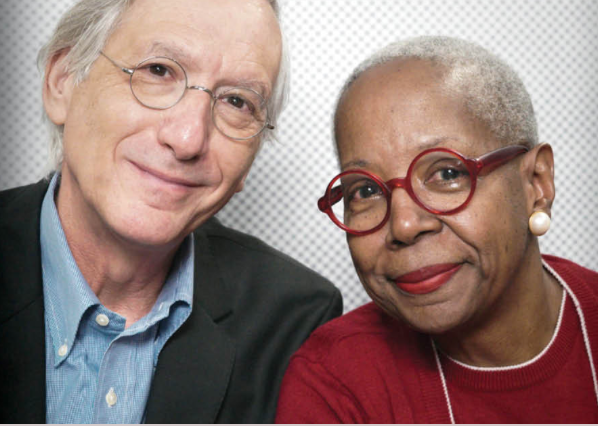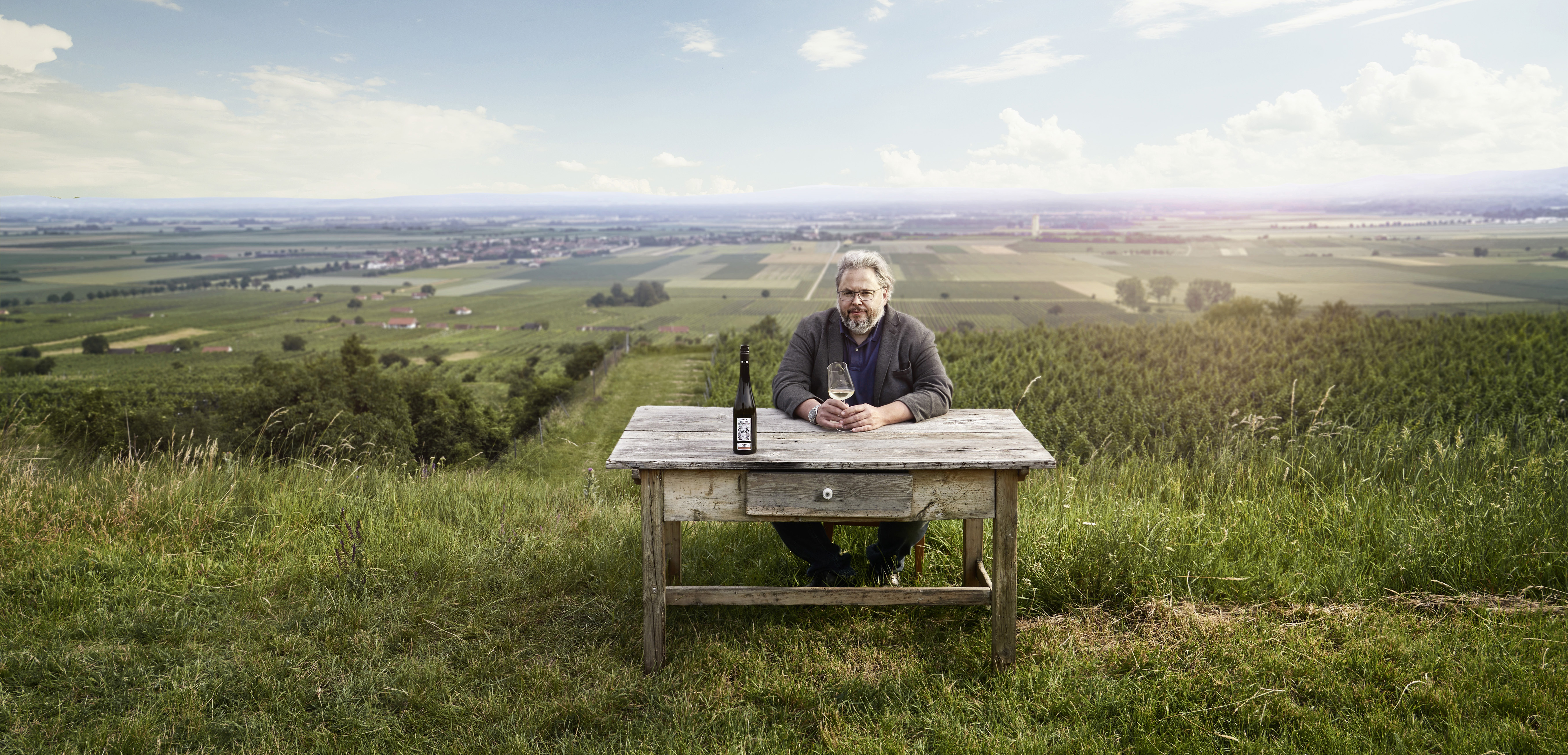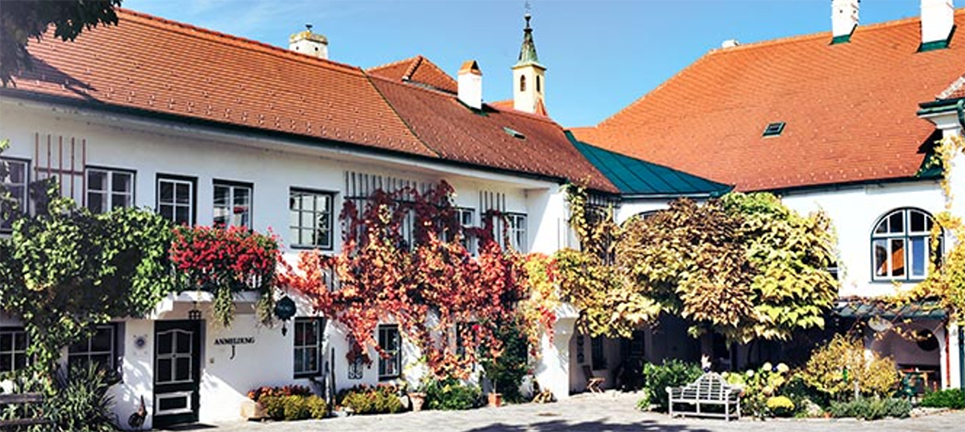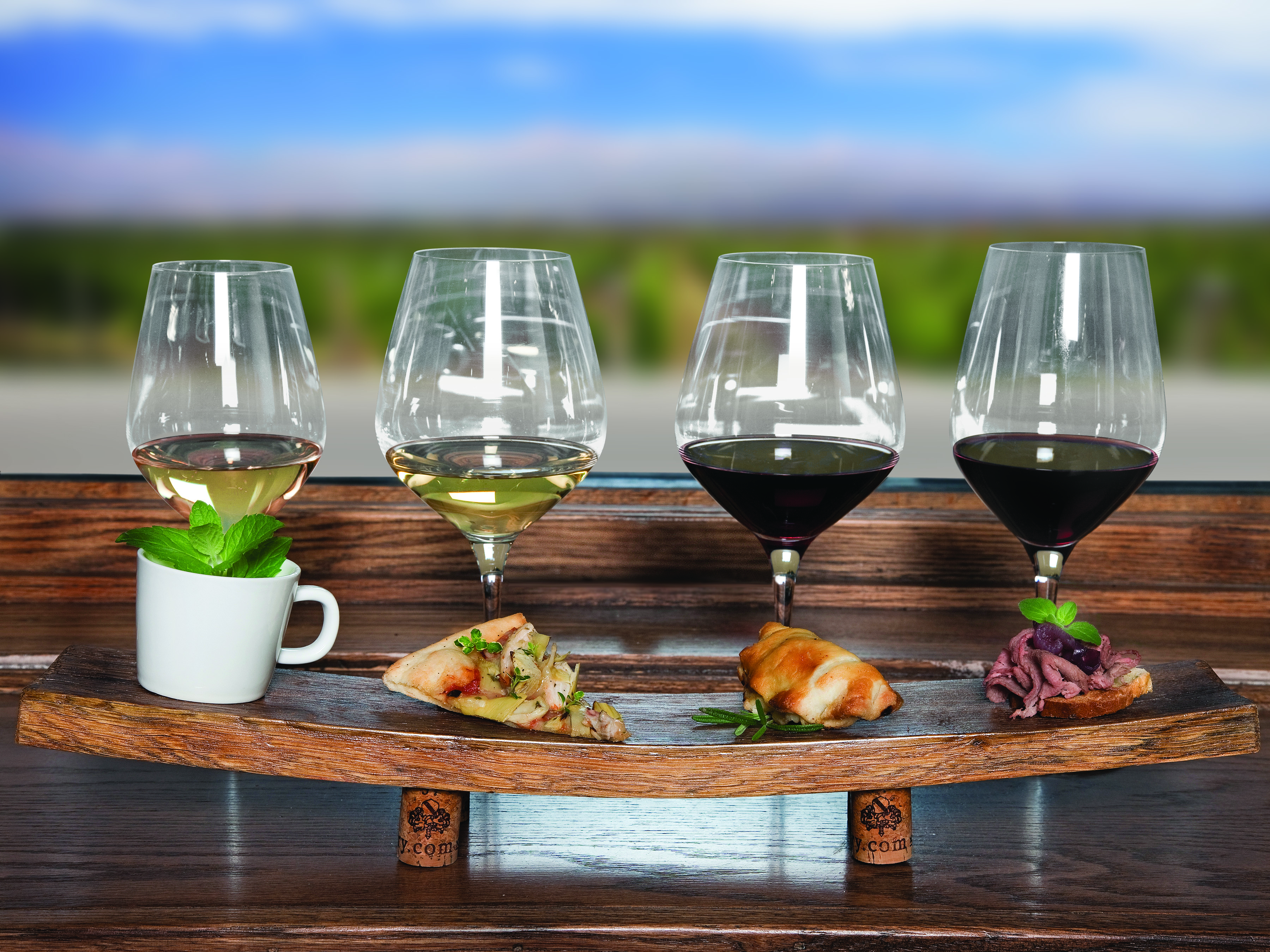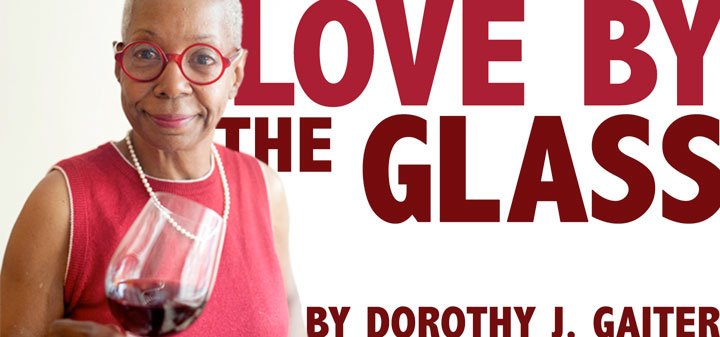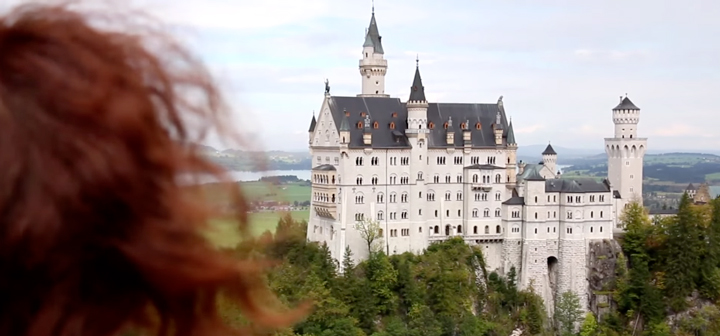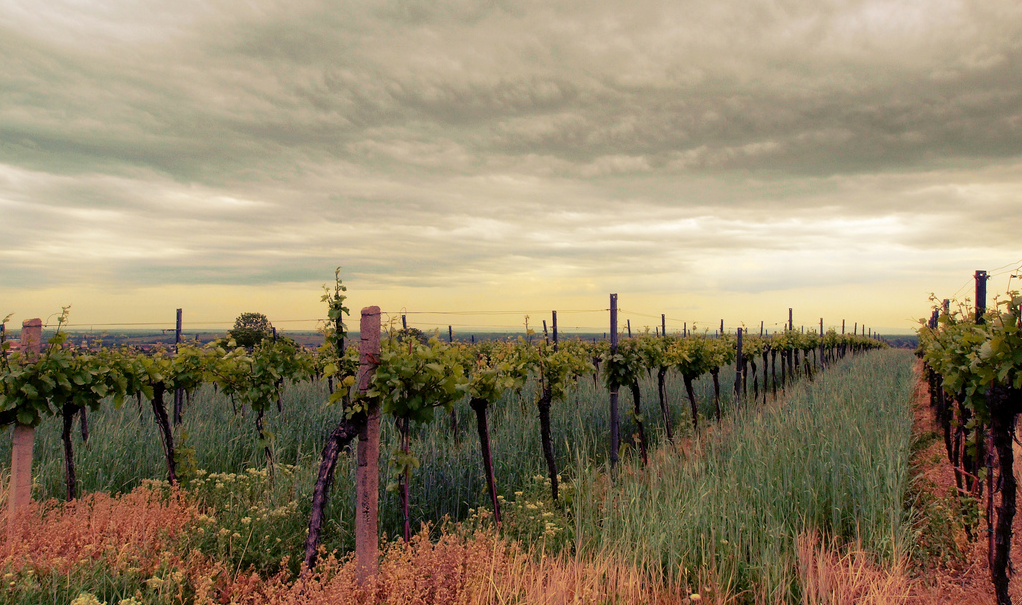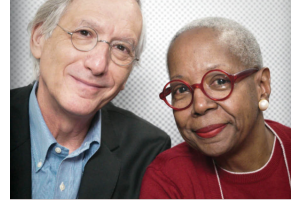For Josef Mantler, winemaking is more than just a job—it's practically ingrained in his DNA, considering his family has been cultivating grapes for over 700 years. The present estate, located in Krems, Austria, was originally a Sterian monastery, acquired by the Mantlers two centuries ago.
The family takes a "less is more" approach in both the vineyards and cellar, letting the wine naturally reflect the character of each vintage. They've practiced organic farming since the 1950s, officially becoming certified in 2009. Additionally, 60% of their land remains uncultivated, which contributes to a balanced, biodiverse ecosystem grounded in healthy soils and teeming with local wildlife.
Josef Mantler visited Grape Collective to discuss the changing climate, a topic that keeps him up at night. Yet, he’s optimistic about the future of winemaking in Kremstal and excited about some very promising developments in the Austrian wine industry.
Lisa Denning: Can you tell us a little bit about the history of your family's estate?
 Josef Mantler: Our family was always in farming during the Middle Ages in Europe. Virtually everybody was a farmer. My family had the luxury of being free farmers, so we weren’t bound by any nobleman. We know that the family was in wine growing since the 1300s as we have a contract stating that a Mantler bought a small vineyard close to the city of Krems, which is still our whereabouts to this day, so they were somewhere around the city of Krems, but we don't know exactly where. 200 years ago, there was the opportunity to buy a small farming stead, a small monastery from Sterian monks who produced traditional wine north of the Alps in the further parts of Austria. So my family bought it, and we've been there for 200 years. So we've always been farmers with a big house.
Josef Mantler: Our family was always in farming during the Middle Ages in Europe. Virtually everybody was a farmer. My family had the luxury of being free farmers, so we weren’t bound by any nobleman. We know that the family was in wine growing since the 1300s as we have a contract stating that a Mantler bought a small vineyard close to the city of Krems, which is still our whereabouts to this day, so they were somewhere around the city of Krems, but we don't know exactly where. 200 years ago, there was the opportunity to buy a small farming stead, a small monastery from Sterian monks who produced traditional wine north of the Alps in the further parts of Austria. So my family bought it, and we've been there for 200 years. So we've always been farmers with a big house.
What generation are you?
Directly traceable? Since the 1600s—we have had a couple of Catholic priests in the family who took a lot of time and effort to trace the lineage. But I'm the sixth or seventh Josef in a row on the farm where we are today. Very uncreative naming!
Did you always think you would go into the family business or was there a time where you were thinking of something else?
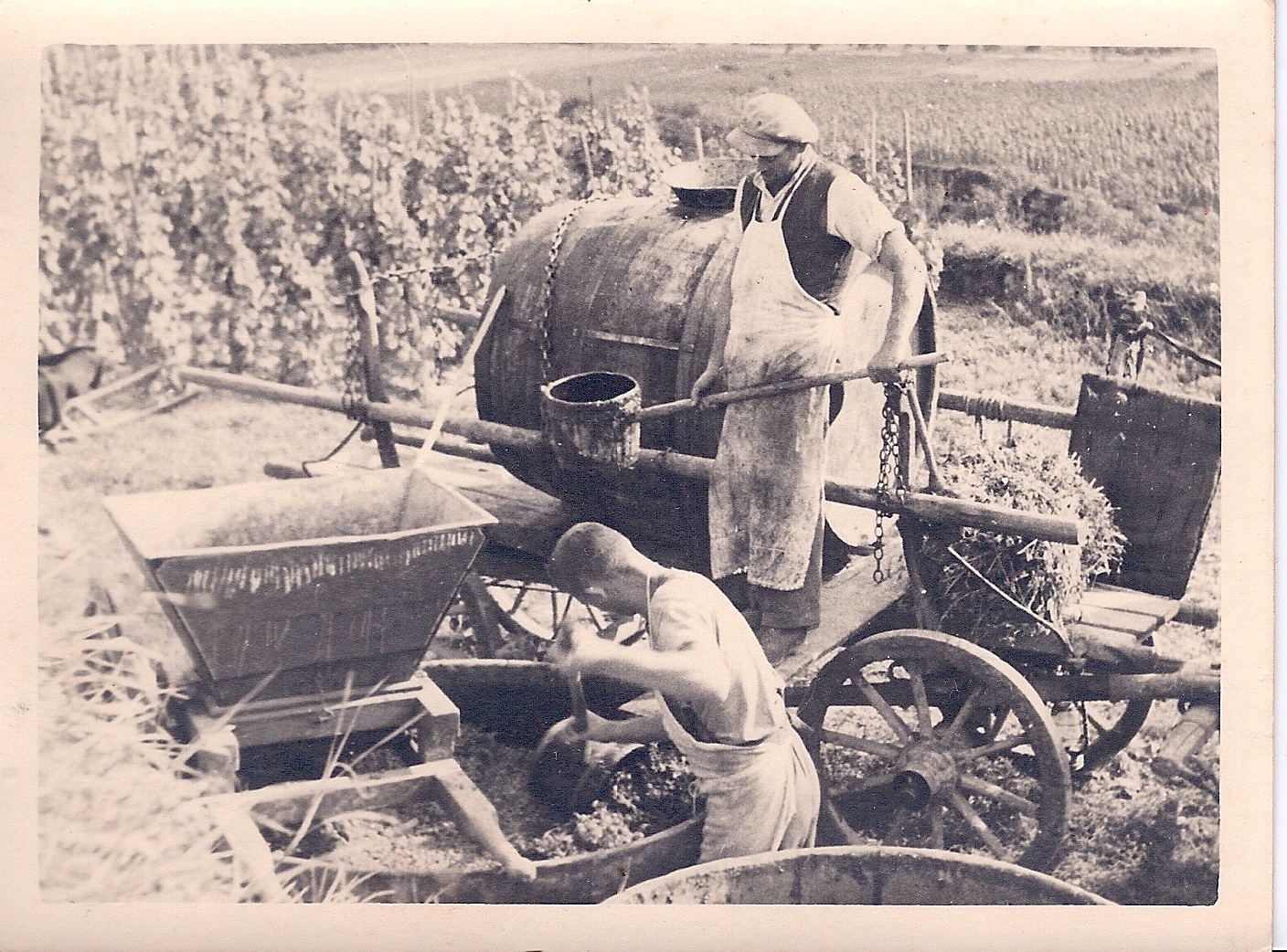 Actually, most of the time I was not thinking about becoming a farmer. I was very lucky that my father never pushed us into the family business. He was always very generous when it came to supporting any of our interests. He would've allowed us to study anything and even if we wanted to become something like an actor, he probably would've supported it till the end. But during high school it started to dawn on me that wine growing is a very exciting job. So I probably decided when I was around 18 or 19 before going to university that I want to stay in the family business. My father was very happy, but he would've never pushed me.
Actually, most of the time I was not thinking about becoming a farmer. I was very lucky that my father never pushed us into the family business. He was always very generous when it came to supporting any of our interests. He would've allowed us to study anything and even if we wanted to become something like an actor, he probably would've supported it till the end. But during high school it started to dawn on me that wine growing is a very exciting job. So I probably decided when I was around 18 or 19 before going to university that I want to stay in the family business. My father was very happy, but he would've never pushed me.
Can you tell me about the terroir of your region?
The terroir in Kremstal is quite diverse. So if somebody asks about what the terroir is, it's like please, don't ask. But the Kremstal style, since there is so much diversity, is very difficult to explain or get across as a very concrete point. But our village is a very fertile sediment of chalk dust from the ice ages, which was collected on a mountain of solid rock. So on top, we have chalk dust; beneath it, we have chalk rock. And it's quite fertile. It has very good water-saving capacity, but as soon as you go into the next village, it changes completely. So the Kremstal is a very diverse, very interesting wine growing region. And for us, it's loess. Other winemakers in Kremstal will tell you a completely different story.
What is your philosophy of viticulture and winemaking?
Nowadays? Everybody says a very close-to-nature approach. We were lucky that it wasn't an uphill battle against my father and grandfather who weren't totally against any organic forms of farming. My grandfather even already wrote "nature wine," on the labels, so not natural wine, but wine from nature. In the ‘60s, the term was outlawed, but already in the ’60s, he didn't add sugar to the wine, he didn't temper it with acidity, and he tried not to work with herbicides. And so he wanted to have this on the label just to say we are not industry-made wines, since back then the technologies were increasing, the cellars were growing and more technology was being used. So back then, he already wanted to be a counterpart of this movement, but it took another couple of years until we became certified organic, which is still part of our identity.
We’ve been certified for 20 years now. So the vineyards are organic and when it comes to the cellar, we keep a low intervention approach, but still in a classic style like my grandfather started—we don't add acidity, we don't add sugar. We really want every winter and every weather condition to be reflected in every single vintage. And we ferment everything with natural lees and we don't add anything to the wine besides a little sulfur or filtration aids. So the idea is to produce wine close to nature in the classic styles and never have bacterial influx. We aim for a very clear line of aromatics, but not over-perfumed. Classic wine close to nature.
Can you tell us about the grapes you grow and the wines you make?
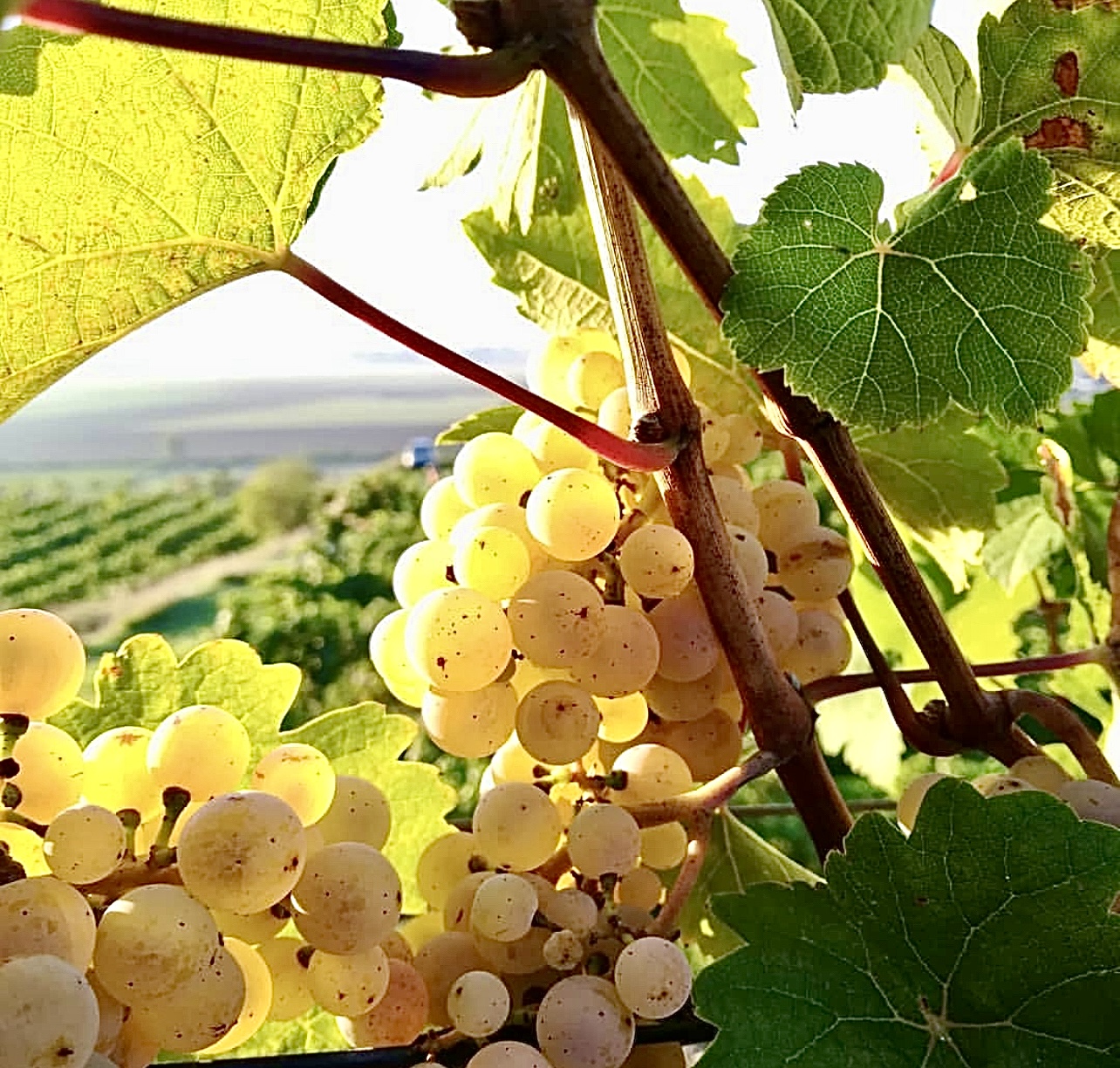 We are in Austria, so our bread and butter grape is Grüner Veltliner. It’s 50% of the estate, and it's not going to change. Grüner is just a fantastic variety to work with. It’s like Chardonnay, it can do entry-level, and it can make extremely complex, charming wines. Besides that, Riesling has always had a long tradition in Austria, but since the Germans developed a lot of self-confidence in the Rieslings, the global market share of Austrian Riesling decreased. I can only recommend people try Austrian Riesling. It has a very unique expression. It has always been here. Besides that, we've worked with a few very local grapes, foremost Roter Veltliner, which was also an achievement of my grandfather and father to keep this variety alive and with high-quality winemaking, which is a super local thing. It's one of those varieties you're probably going to hear more of from Austria in the future because it's resilient to climate change. It's an old local variety, a little bit forgotten, but now rediscovered because of the circumstances.
We are in Austria, so our bread and butter grape is Grüner Veltliner. It’s 50% of the estate, and it's not going to change. Grüner is just a fantastic variety to work with. It’s like Chardonnay, it can do entry-level, and it can make extremely complex, charming wines. Besides that, Riesling has always had a long tradition in Austria, but since the Germans developed a lot of self-confidence in the Rieslings, the global market share of Austrian Riesling decreased. I can only recommend people try Austrian Riesling. It has a very unique expression. It has always been here. Besides that, we've worked with a few very local grapes, foremost Roter Veltliner, which was also an achievement of my grandfather and father to keep this variety alive and with high-quality winemaking, which is a super local thing. It's one of those varieties you're probably going to hear more of from Austria in the future because it's resilient to climate change. It's an old local variety, a little bit forgotten, but now rediscovered because of the circumstances.
I think many wine drinkers in the US are familiar with Grüner Veltliner. How would you differentiate the Grüner Veltliner from Kremstal compared to other regions, like Wachau, for example?
For Wachau, it's quite easy because Wachau always had a tradition of producing very full wines, going really into high ripeness, going into, for some wineries, a lot of botrytis, so it was always the very highly ripe maturity expression of Grüner. I think Kremstal, as I said with the terro...

